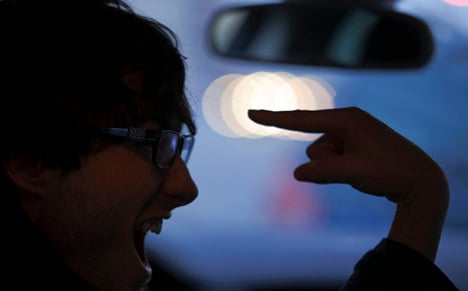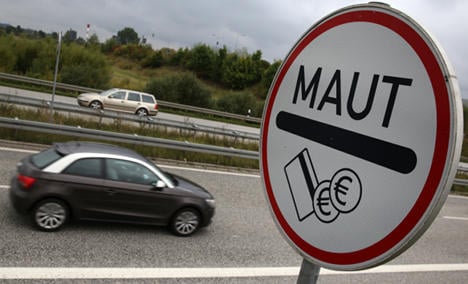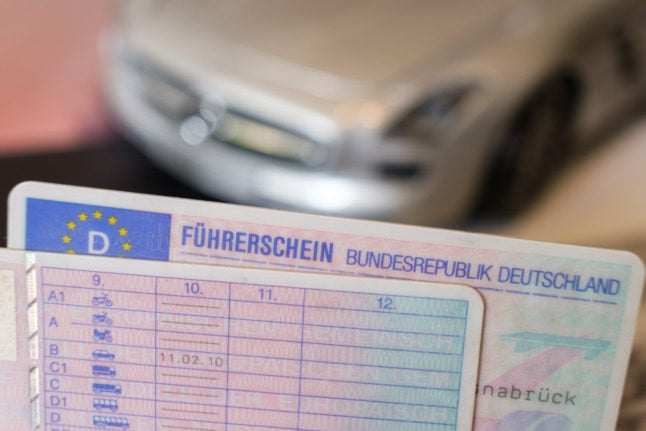P { margin-bottom: 0.21cm; }
Angela Merkel's Union and main opposition party the Social Democrats decided they would look into bringing in an unusual punishment for crimes such as theft – taking away a person's driving licence for a set period.
The agreement came up in coalition talks which are set to be finalized in the next week. But the German association of judges (DRB) voiced concerns that such a move would not be in line with the country's constitution which states that everyone is equal in the eyes of the law. Giving an additional punishment to criminals who have a driving licence would appear to contradict that.
“If not everyone can undertake a punishment because not everyone has a driving licence, then we are no longer all equal under the eyes of the law,” Stefan Caspari, from the DRB's penal law committee told the Münchner Merkur.
Caspari also said it would be hard to check that people were sticking to their punishment. If a person is fined by a court, making sure they pay it is a lot easier.
The idea has been under discussion in by Chancellor Angela Merkel’s conservative bloc for a while. At the moment a driving ban can only be handed out when a person has committed a driving related crime.
READ MORE: Toll for foreign drivers in Germany 'fine under EU law'




 Please whitelist us to continue reading.
Please whitelist us to continue reading.
Member comments